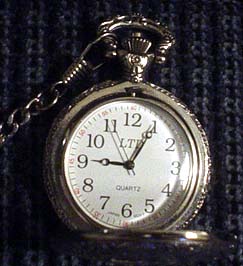The Faces of Poverty
I just finished a night's sleep (off and on) in the youth room of a local church. My wife is a committed participant in the Salem Hospitality Network. Network rules require volunteers to spend the night with the clients, just in case there should be any emergencies. Currently, they are serving three families with a fourth, a family of five, about to arrive. Obviously, I can't reveal anything about the families currently being served. I can say, however, that they don't fit the stereotype of the poor I often hear about from some of my friends. They see panhandlers by the road side or in public places and conclude “this is the face of poverty in America. And since I can reform them, I am free to enjoy my wealth and pass by on the other side.”
What is the true face of poverty in America?
Well, over 25 million of them are working.
I discuss this in a review of Shifler's book, The Working Poor. These are the people who qualify for the earned income tax credit. In fact, my 25 million estimate is likely low because as neighbor pointed out that when you reach 65 you can still work, but you will no longer qualify for the credit. How many people over sixty five work at least part time out of necessity? A lot, including my neighbor.
Often the poor are younger families with children. In fact, if you are a woman, having a child is risking a life of poverty. Making it in a two adult family is hard enough. But if your marriage ends in divorce, you will find it very difficult to escape poverty.

